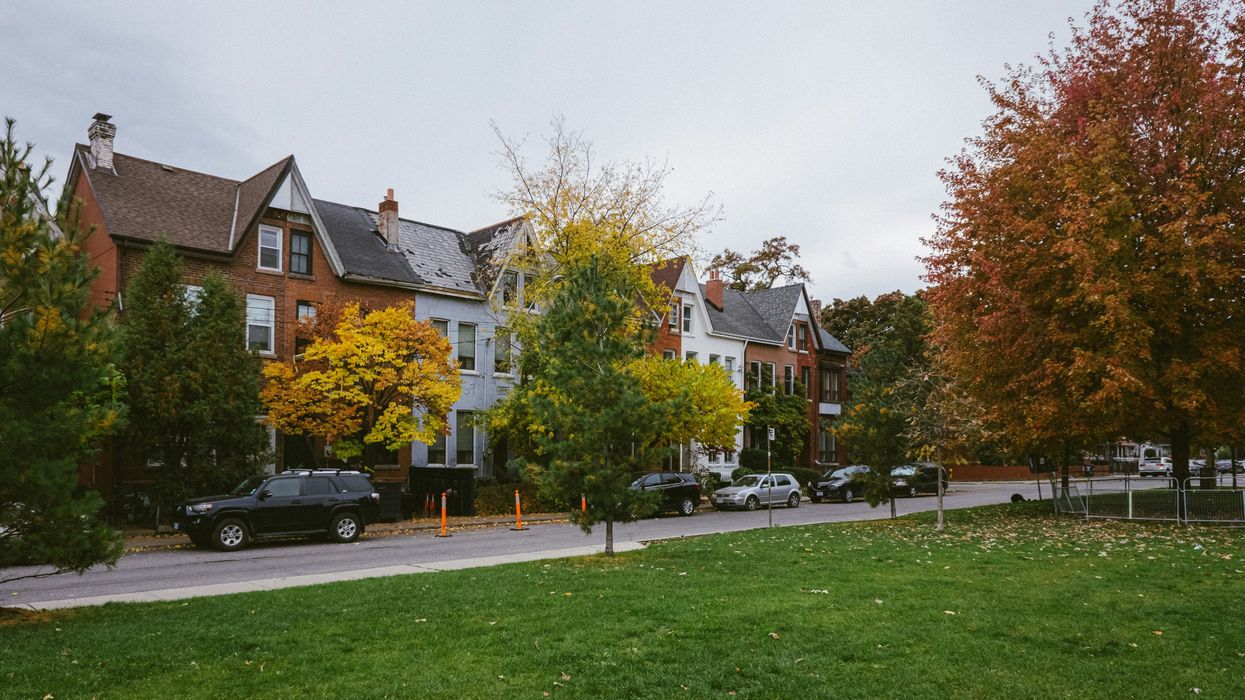Toronto’s Vacant Home Tax is in effect for its third year, and the deadline for homeowners to declare their property’s occupancy status is just around the corner. Homes that are unoccupied for more than six months out of the calendar year are considered vacant and will be taxed 3% of a property’s Current Value Assessment.
Per the City of Toronto’s parameters, homeowners have until tomorrow — Wednesday, April 30, 2025, at midnight — to declare the 2024 occupancy status of their residential property, and are encouraged to submit their declaration through the City’s online portal.
After last year's fiasco, where over 160,000 Torontonians were taxed despite living in homes that weren't vacant, forcing the City to painstakingly process around 100,000 refunds, the City has made every effort over the following months to better advertise the relatively new tax and declaration deadlines. Last year's debacle was chalked up to poor communication on the City's part, which led to residents not knowing they had to submit their declarations every year.
This time around, efforts seems to be paying off as the City has received more than 812,000 declarations to date, representing 97.3% of all residential properties in Toronto, according to a recent press release.
The goal of the Vacant Home Tax is to free up housing supply in the city by de-incentivizing homeowners from leaving residences unoccupied. All proceeds collected from the tax will go towards affordable housing initiatives.
Declaring Occupancy Status:
Residential property owners in Toronto are required to declare occupancy status every year, and the declaration must be made by either the property owner or someone acting on behalf of the property owner. The fastest way to submit the declaration is via the City’s online declaration portal — as mentioned — however, for the second year, the City will be offering several drop-in sessions for property owners who would like help to submit their declarations. When and where those sessions will be held, can be found here.
All declarations require the property owner’s 21-digit assessment roll number and customer number from your tax bill or property tax account statement. For housing providers specifically, the declaration requires information about tenants and/or permitted occupants.
Homeowners should also note that any information submitted in the declaration could be subject to an audit on a random or specific criteria basis, at which time additional information may be required to substantiate an occupancy claim.
Late or False Declarations:
If you file your declaration past the April 30 deadline, any overdue Vacant Home Tax amount will be taxed at a rate of 1.25% on the first day of default and on the first day of each month thereafter, for as long as taxes or charges remain unpaid. The tax is based on the property’s occupancy status for the previous year, so if the home is declared vacant in 2023, the tax will be payable in 2024 and will be added to the tax bill for the property.
If a household falsely claims their property is occupied, however, could face a fine of up to $10,000, in addition to payment of the tax.
Exemptions to the Vacant Home Tax:
There are a few exemptions to the Vacant Home Tax worth noting:
- In the event of the death of the property’s principal owner;
- If the property is undergoing repairs or renovations and occupation and normal use of the property is prevented, all necessary permits have been issued for the repairs and renovations, and the City’s Chief Building Official agrees that the repairs or renovations are being actively carried out without unnecessary delay;
- If the principal owner of the property is in hospital or long-term or supportive care;
- In the event of a legal ownership transfer, excluding name changes, the addition of a second owner, and the removal of a second owner;
- If the property was vacant for employment purposes;
- In the event of a court order that prohibits occupancy;
- If the property constitutes vacant new inventory from a developer (new last year);
- If the property is a secondary residence owned for medical reasons (new this year).
Those requesting an exemption must provide supporting documentation, which varies depending on the nature of the exemption.
Paying or Disputing the Vacant Home Tax:
Those with properties deemed subject to the Vacant Home Tax, including properties for which no declaration was filed, will be issued a Notice of Assessment by mail in June 2025. At that time, property owners have the option to file a Notice of Complaint to have the decision reviewed. The complaint can be submitted through the City’s online portal until December 2025.
For those not appealing their Notice of Assessment, Vacant Home Tax payments are due in three equal instalment amounts on September 15, October 15, and November 17, 2025. The City suggests making your payment electronically through your financial institution’s online banking portal, but mail-in declaration is also available in the form of post-dated cheques payable to the Treasurer, City of Toronto.





















